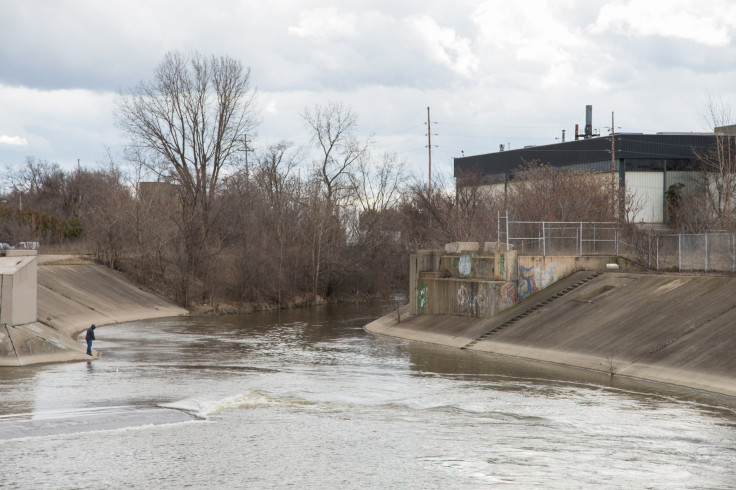Flint, Michigan Can Sue US Government For Handling Of Water Crisis, Says Judge

A U.S. District judge ruled Thursday that the residents of Flint, Michigan, can proceed with the 2017 lawsuit against the federal government for its poor response to the 2014 water crisis.
Judge Linda V. Parker said that the government wasn’t immune to lawsuits in this circumstance. Parker based this decision on Environmental Protection Agency employees who knew there was lead leaching from the old pipes because of the Flint water not being treated properly and misled residents about it.
"(The court) can today state with certainty that the acts leading to the creation of the Flint Water Crisis, alleged to be rooted in lies, recklessness and profound disrespect have and will continue to produce a heinous impact for the people of Flint," Parker said.
Attorney Michael Pitt, who is representing Flint residents against the U.S., told the Detroit News that Parker's ruling would "shake up the EPA."
The Flint Water Crisis began in April 2014, when the city began drawing water from the Flint River as it tried to save money. Health concerns began springing up immediately, as the lead levels in the water ended up causing an outbreak of Legionnaires’ disease in the area that caused the deaths of 12 people.
A back and forth began after this between doctors who insisted there was a lead problem with the water while state regulators assured Flint residents the water was safe.
A lead problem in the water wasn’t acknowledged until September 2015 by Gov. Rick Snyder, who pledged to implement better water testing and buy new filters. A federal judge in November 2016 ordered that bottled water be delivered to Flint residents.
Since then, the handling of the crisis has been under review, with Michigan officials testifying before Congress.
The EPA has also worked on adopting new oversight protocols in the wake of the crisis.
© Copyright IBTimes 2025. All rights reserved.





















